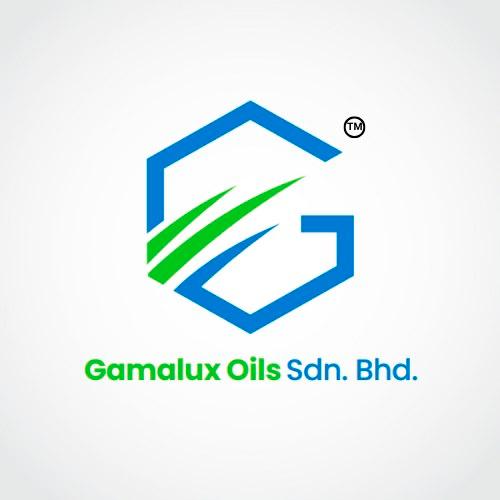KUALA LUMPUR: Mandatory purchases of sustainable aviation fuel (SAF) by local airlines at Malaysian airports are necessary to drive adoption and unlock the country’s potential in the SAF sector, said Gamalux Oils Sdn Bhd chief executive officer Usman Ahmed.
Usman said Malaysia has the industrial capacity and feedstock availability to support SAF production at scale, but policy intervention is needed to create demand certainty.
“We have all the feedstocks such as used cooking oil, palm oil mill effluent, empty fruit bunch oil and spent bleaching earth oil.
“In my humble opinion, what Malaysia needs is a regulatory policy framework that enables SAF blending and mandates purchase by national airlines at all airports in the country,” he told Bernama after appearing on Bernama TV’s The Nation programme titled “The Future of Sustainable Aviation Fuel”.
SAF is a low-carbon alternative to conventional jet fuel, produced from sustainable feedstocks, including used cooking oil and agricultural waste.
Responding to concerns about the scalability of used cooking oil as a SAF feedstock, Usman affirmed its viability in substantial volumes.
“According to export data from the Malaysian Palm Oil Board, Malaysia exports approximately 600,000 tonnes of used cooking oil annually, a substantial volume that makes it a viable feedstock for any SAF production facility,” he said.
While Malaysia does not currently have SAF production plants, Usman pointed out that pre-treatment and refining facilities are already in place.
“We export our products to companies such as BP, Eni of Italy, Neste of Finland, as well as other European and Asian firms, which convert them into tailor-made SAF.
Regarding the SAF industry’s value, Usman estimated that Malaysia exports around 1.5 million tonnes of SAF-grade or hydrotreated vegetable oil (HVO) feedstock annually.
“Based on current prices of around US$1,100 (US$1 = RM4.22) per tonne, we’re looking at US$15 to US$18 billion worth of commodity products exported annually,” he said.
Usman noted that while SAF is more expensive than conventional jet fuel, the cost impact on passengers would be modest if SAF blending is mandated.
“At the end of the day, the cost is borne by the passenger, possibly with some government subsidy, but we must recognise that this is for the greater good, as it supports the decarbonisation of aviation and the reduction of greenhouse gas emissions,” he explained.
Usman added that global geopolitical tensions and commodity price volatility continue to affect the SAF price gap, making regulatory certainty even more vital.
He said Malaysia is on the right track with the government’s National Energy Transition Roadmap and its 2050 net-zero emissions target already in place, adding that a regulatory policy framework to support SAF blending would further strengthen the country’s progress.









